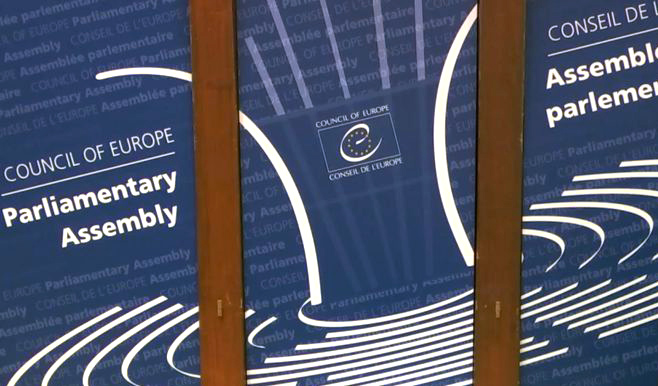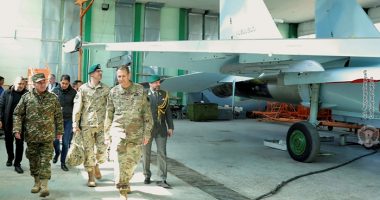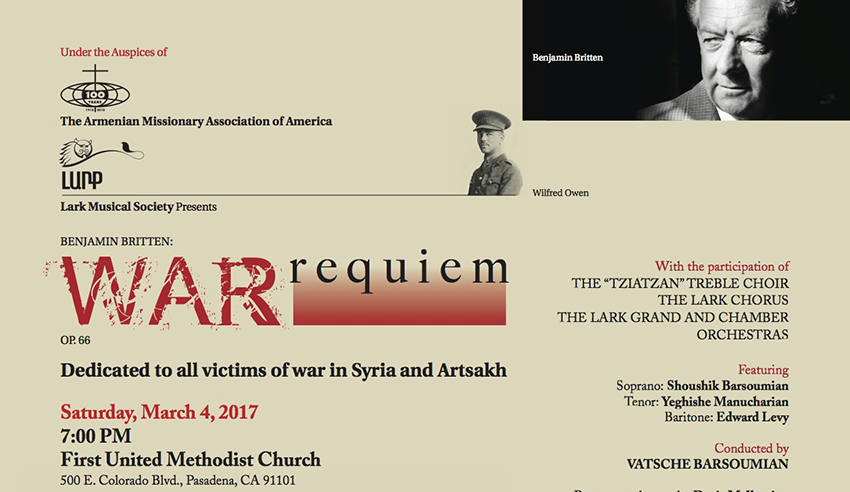STRASBOURG — “Armenia has emerged successfully from the serious political crisis caused by its defeat in the Nagorno-Karabakh conflict, which is in itself a real success,” said Kimmo Kiljunen (Finland, SOC) and Boriana Åberg (Sweden, EPP/CD), co-rapporteurs of the Council of Europe Parliamentary Assembly (PACE) for the monitoring of Armenia’s obligations and commitments, speaking at the end of their visit to the country from 3 to 5 November 2021. “The crisis was resolved by the holding of early elections, organized in a democratic manner, despite a highly polarized environment,” they added.
“This polarization is unfortunately present in the National Assembly and does not favor the establishment of a true parliamentary culture where majority and opposition confront each other in a constructive and respectful manner on clearly identified and divergent political orientations. On the other hand, it is clear that institutional balances are being built, and that certain checks and balances, such as the Human Rights Defender, are in place. We can only encourage the Armenian authorities to continue along this path and, where necessary, to secure the independence of other institutions, such as the Commission for the Prevention of Corruption, for example by giving it constitutional status.
We are well aware that the confidence of the Armenian population and the authorities in the judiciary is low and has been for several years. If the reform of the judiciary is therefore necessary, it must be done in compliance with European standards, in particular with regard to the principle of the security of tenure of judges, in a climate where the dignity of their office is preserved and where their integrity is not collectively and publicly questioned.
As regards the situation of the media, we are aware that the Armenian authorities are facing an unprecedented level of disinformation and hate speech since the Nagorno-Karabakh conflict. This may explain their willingness to tighten the framework for freedom of expression, by increasing fines for insults or by criminalizing ‘serious insults’ as they did in March and July respectively. However, there are other tools available than exclusive preventive sanctions, and we call on the Armenian authorities to develop a comprehensive medium- and long-term strategy that addresses the issues of transparency of media ownership, possible media concentration, the precarious status of journalists and self-regulation mechanisms, as these issues are directly linked to the proliferation of hate speech in the media sector.
Armenia has not emerged unscathed from the Nagorno-Karabakh conflict. Our visit to the border town of Yeraskh reminded us, if it were necessary, that in the absence of a comprehensive peace agreement, insecurity persists and civilians are paying the price. However, Armenia has been able, in a difficult context, to continue to progress on the path of democracy, the rule of law and human rights, and this deserves to be welcomed,” they concluded.











1 comment
Armenia does not need mere nice words from Europe.
It needs weapons and strong political support.